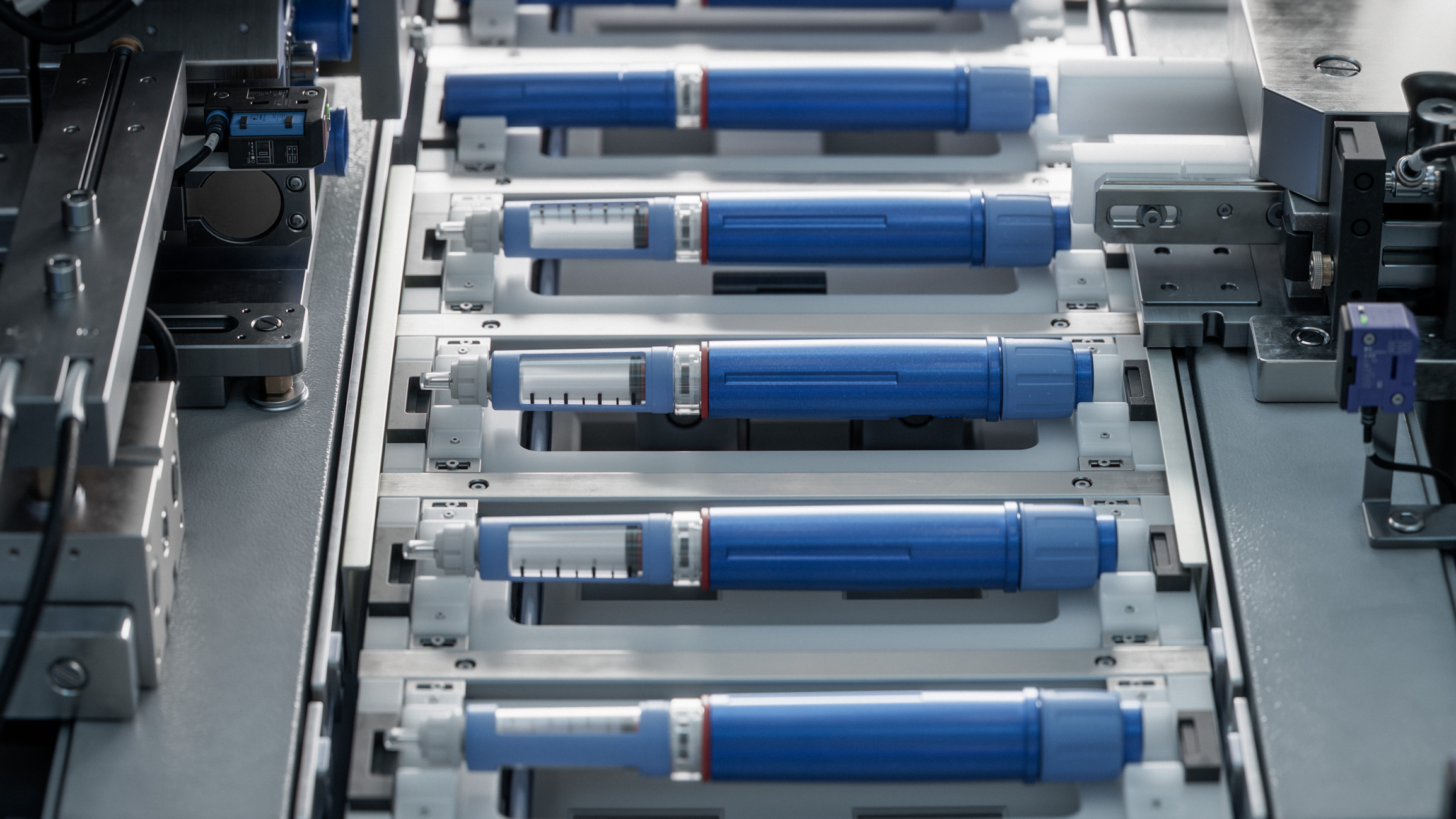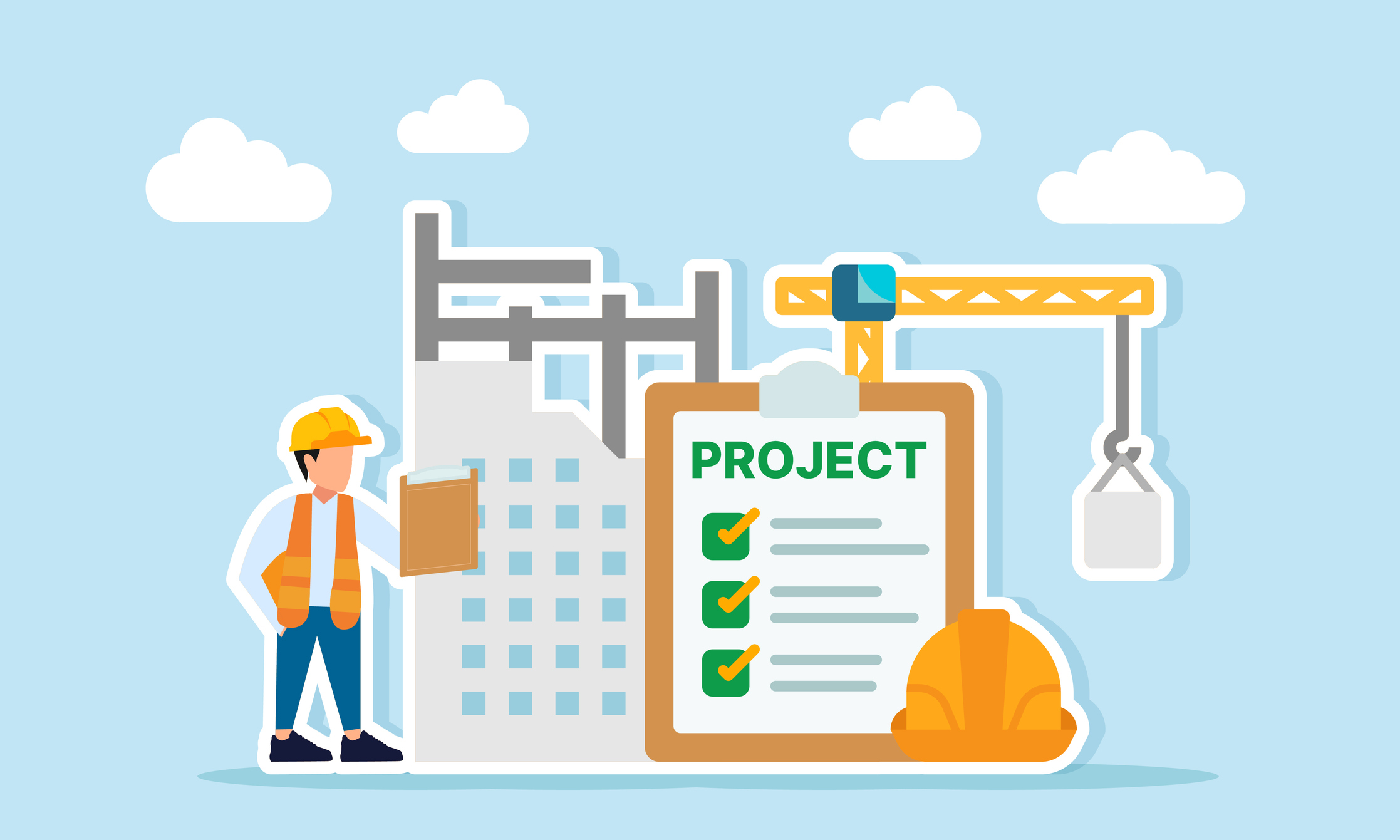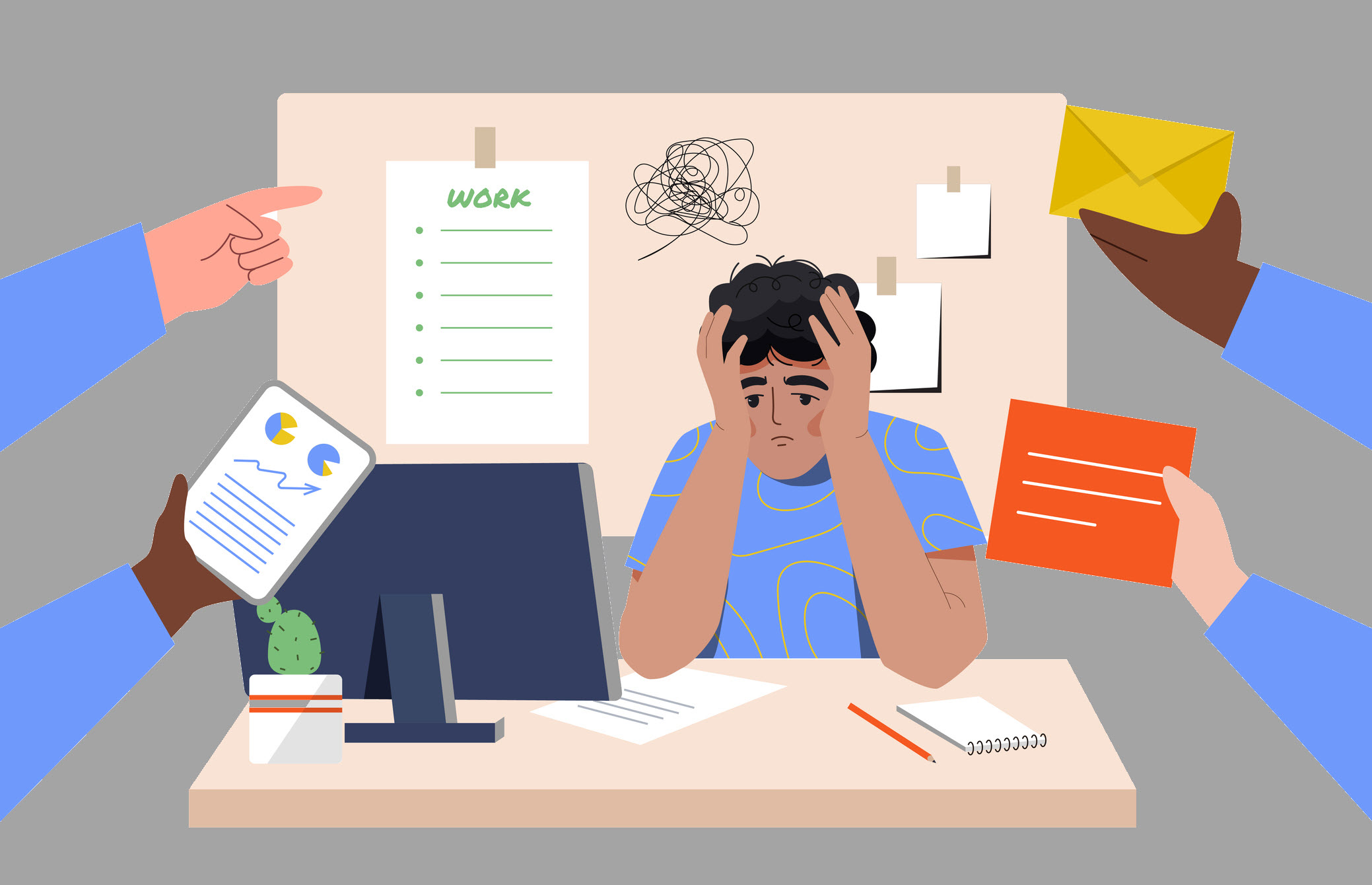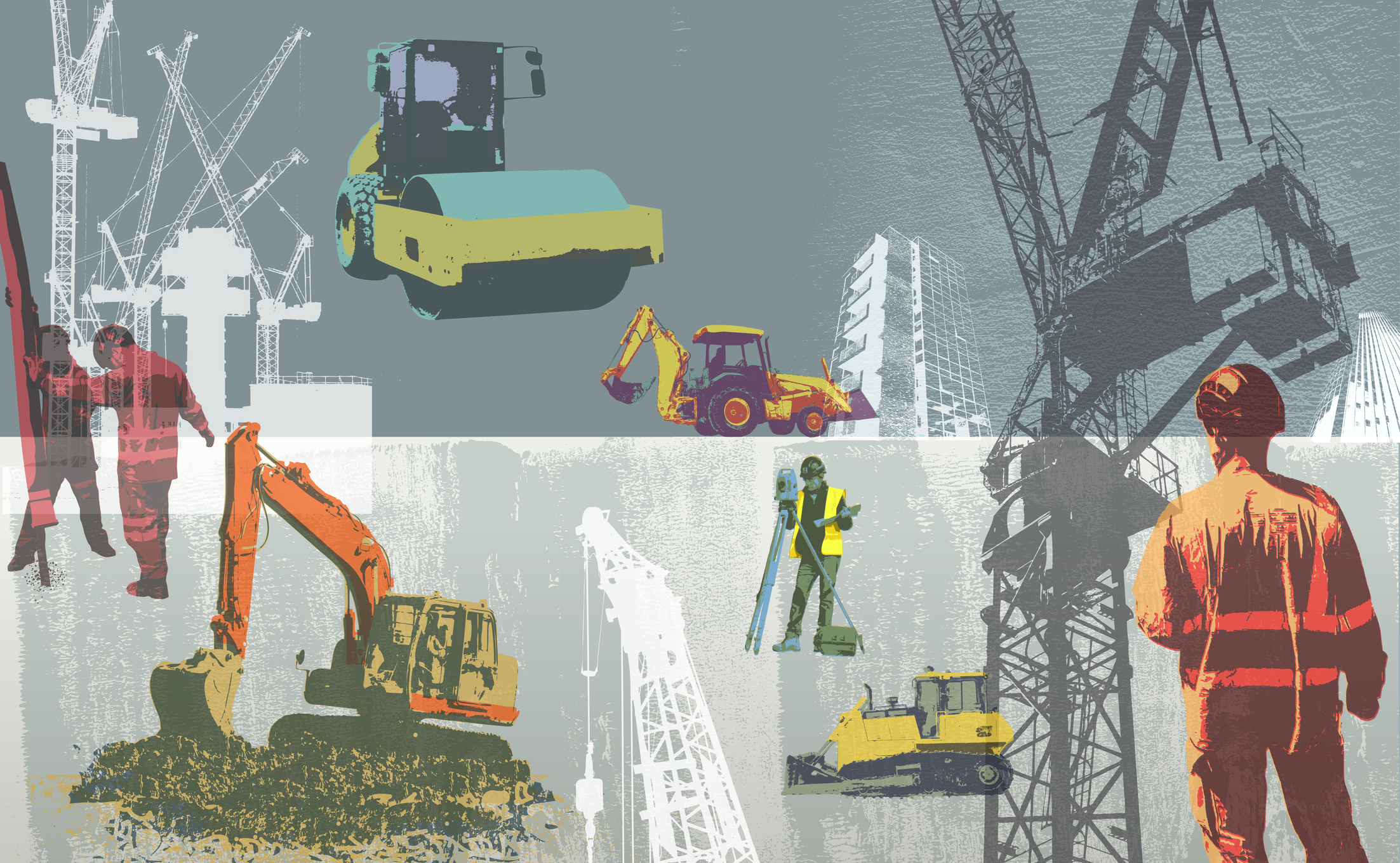The High Stakes of Marijuana Use in the Construction Industry
The percentage of employees who tested positive for marijuana following an on-the-job accident reached a 25-year high in 2022. With expanded legalization contributing to increased recreational use, how can high-risk industries adapt their policies to keep employees safe?
August 27, 2024

As a high-risk industry, construction employers require higher safety standards to prevent accidents. Pre-employment, regularly occurring, and post-incident drug testing enforcement have been dependable methods to ensure the safety of employees. However, changes in marijuana legislation across the country are changing that reliability.
“We may see marijuana reclassified as a less restrictive Schedule III drug in the very near future, which has the potential to change drug testing policies,” said Kevin O’Sadnick, Senior Risk Control Manager at Safety National. “Metabolic THC levels are incredibly difficult to test since the substance is fat-soluble and absorbed much differently than alcohol. Where a breathalyzer can easily determine impairment from alcohol, the technology is lagging for marijuana use. Training employees to recognize physical signs of impairment may be more effective in committing to the safety standards of your organization.”
Drug Testing Dilemma
While OSHA encourages a drug-free workplace, no federal law requires mandatory drug testing for all government contractors. However, those receiving federal grant funding and many federal contractors are required by law to maintain a drug-free workplace. The problem lies in marijuana’s increasing frequency of use. How can employers strategically recruit when pre-employment drug testing will rule out hopeful candidates? What if employees are only using marijuana recreationally but test positive following an accident? Can safety policies vary per role?
First, transparency is vital when communicating any drug policies with employees. You should also identify the most safety-sensitive positions in your organization, like crane and heavy equipment operators, and clearly define the expectations for those jobs. Drug testing can hurt an organization’s ability to compete with similar companies that have eliminated drug testing. It will require striking the right balance for employers who have jobs to fill.
Impairment Training
Unlike alcohol impairment, there is no standard measurement for marijuana, meaning THC levels can drastically differ in their effects on a user. Additionally, since marijuana can stay in the system even after 30 days of non-use, post-accident drug testing may not be a reliable indicator of active impairment from marijuana. The best approach is for managers to understand the signs of impairment in their employees. This may include:
- Loss of coordination
- Red, glassy eyes
- Slurred speech
- Emotional behavior that does not match a situation
- The smell of marijuana on an employee
Less discussed, alongside drug and alcohol misuse, is the urgency to prioritize mental health awareness in the construction industry. Workers are highly susceptible to depression and anxiety, experiencing one of the highest rates of suicide by profession, which is nearly double the rate of the general population. Employers can start by addressing the stigma and encouraging employees to get help when needed. Make employee assistance program resources readily available so workers know where to begin.
Regulatory Responsibility
Even though marijuana remains federally illegal, states are continuing to expand legalization from medicinal to recreational use. Varying rules and regulations per state can be challenging to keep up with, especially for contractors working in multiple states on shorter projects. Project owners may also not have an outlined drug policy when hiring contractors. However, Department of Transportation employees are subject to a regulated drug testing program and a staunch no-tolerance policy, including medical marijuana use.
Employers should review drug-testing policies and be aware that state laws vary on when a positive marijuana test can be used to discipline an employee or as a reason to refuse employment entirely. In states where medical marijuana use is protected from workplace discipline, a standard workplace policy should require those employees to verify their medical marijuana authorization to a medical review officer. Employers should engage their human resources team to develop specific policies, especially in states where medical and/or recreational use is legal.

























